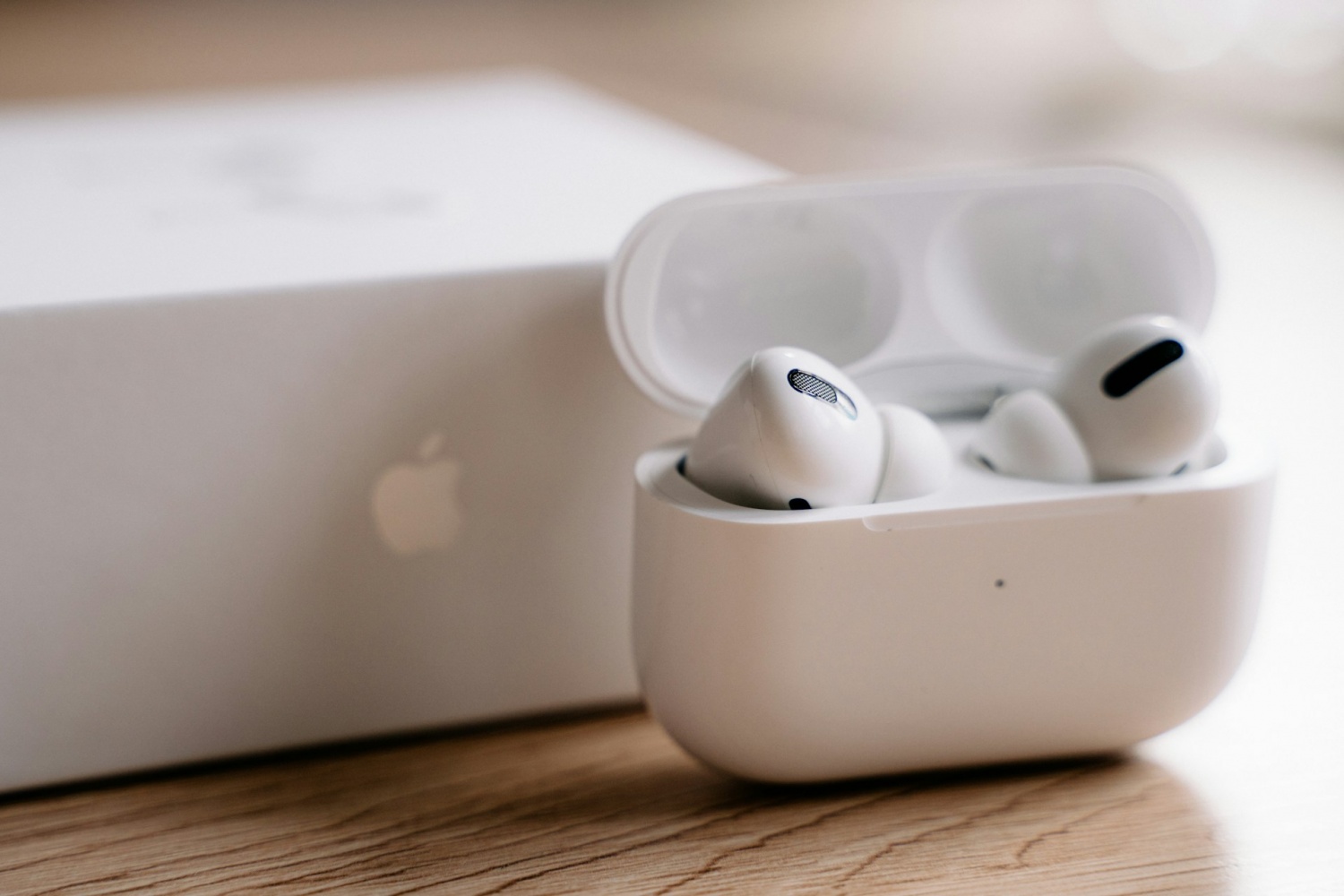New Study Shows Sharp Increase in Non-Medical LSD Use Among US Adults with Major Depression
A new study conducted by the New York State Psychiatric Institute has revealed a surprising surge in non-medical LSD use among adults in the United States who are suffering from major depression. This research sheds light on the growing trend of non-medical LSD use and its sociodemographic characteristics.
The study analyzed data collected between 2008 and 2019 from a massive sample of 478,492 adults aged 18 or older. The prevalence of past-year major depression diagnoses was assessed based on DSM-IV criteria. The findings showed that while LSD use increased in the general population by 450%, from 0.2% to 0.9%, the surge was even more pronounced among those with depression, rising from 0.5% to 1.8% over the same period.
What is concerning is that this surge in LSD use among individuals with depression was not limited to a specific age group or income level, challenging previous assumptions. It appears to cut across various sociodemographic subgroups.
Experts suggest that the reasons behind this increase in LSD use among those with depression are complex. One possible factor is the renewed interest in the clinical potential of hallucinogens, including LSD, for treating psychiatric or substance use disorders. Media reports and research highlighting the therapeutic benefits of psychedelics have sparked curiosity and exploration among those seeking alternative treatments for depression.
Dr. Jane Smith, one of the lead researchers on the study, emphasized the importance of public health efforts to promote safe and evidence-based use of psychedelics. While the clinical potential of LSD is promising, individuals with depression need to be informed about the risks and benefits of non-medical use.
However, there are limitations to this study. The survey used did not collect information on the motivations behind LSD use, making it difficult to attribute the surge to specific causes. Additionally, the survey lacked data on dosing amounts, making it challenging to distinguish between micro-dosing and more intense or prolonged tripping experiences.
Although LSD carries lower risks to physical health and dependence compared to other non-medical drug substances, individuals with depression may be more susceptible to adverse effects such as paranoia or a “bad trip” when using LSD outside of a medical context.
The study refrains from making recommendations for ensuring a “good trip” or maximizing the benefits of unsupervised LSD use. However, it suggests that future research with more comprehensive survey questions could provide insights into strategies for safe and beneficial use.
Stay tuned for more updates here at Tech Times.
© 2023 TECHTIMES.com All rights reserved. Do not reproduce without permission.
Tags: LSD, major depression, non-medical use, New York State Psychiatric Institute, research, study




